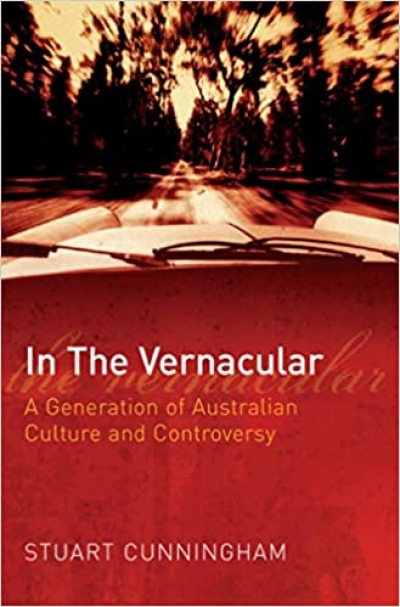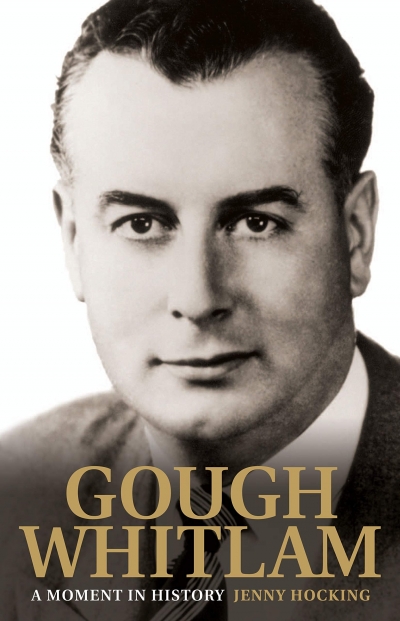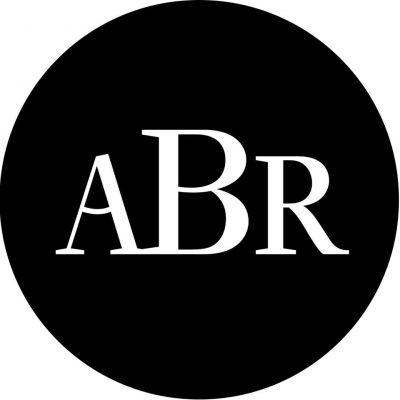Accessibility Tools
- Content scaling 100%
- Font size 100%
- Line height 100%
- Letter spacing 100%
Archive
The ABR Podcast
Released every Thursday, the ABR podcast features our finest reviews, poetry, fiction, interviews, and commentary.
Subscribe via iTunes, Stitcher, Google, or Spotify, or search for ‘The ABR Podcast’ on your favourite podcast app.
‘Where is Nancy?’ Paradoxes in the pursuit of freedom
by Marilyn Lake
This week on The ABR Podcast, Marilyn Lake reviews The Art of Power: My story as America’s first woman Speaker of the House by Nancy Pelosi. The Art of Power, explains Lake, tells how Pelosi, ‘a mother of five and a housewife from California’, became the first woman Speaker of the United States House of Representatives. Marilyn Lake is a Professorial Fellow at the University of Melbourne. Listen to Marilyn Lake’s ‘Where is Nancy?’ Paradoxes in the pursuit of freedom’, published in the November issue of ABR.
Recent episodes:
America and the World: Conversations on the future of American foreign policy by Zbigniew Brzezinski and Brent Scowcroft, moderated by David Ignatius
Je Suis Australienne: Remarkable women in France, 1880–1945 by Rosemary Lancaster
In the Vernacular: A generation of Australian culture and controversy by Stuart Cunningham
Fortunate Son: The unlikely rise of Keith Urban by Jeff Apter
Gough Whitlam: A moment in history (Volume One) by Jenny Hocking
Echo Chamber by Kathleen Hall Jamieson and Joseph N. Cappella & Why Democracies Need an Unlovable Press by Michael Schudson
Not since I was four or five at most
and in the first of many striped tee-shirts
have I been this close to the flavour of safety.
I’m walking into town again, the child of hills.
You bought me fish and chips for lunch, my own
adult portion because I asked for it, in Evans’s
tiled restaurant, the Alhambra of takeaways.
Ten Little Fingers and Ten Little Toes by Mem Fox, illustrated by Helen Oxenbury & Enigma by Graeme Base
Waiting on a reeking strange
railway station –
then the dead-quiet but crowded
night ferry.










